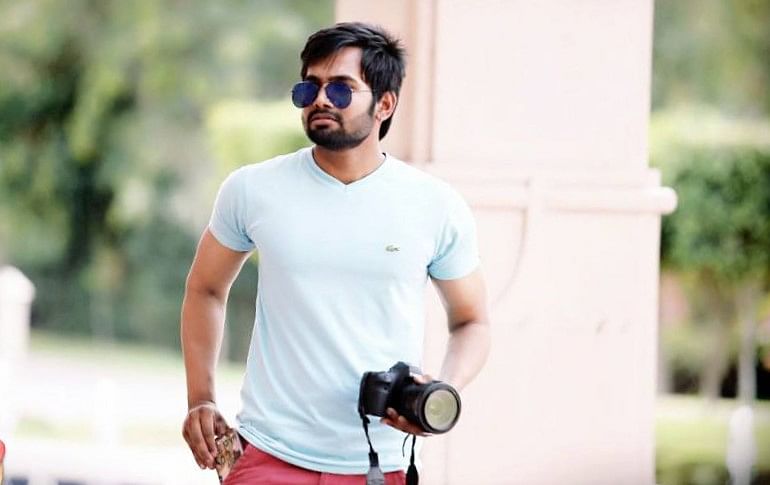We are living in the times of a ‘hate epidemic’ where the price of making the mistake of loving is paid by innocent lives such as that of Ankit Saxena.
Photographer-cum-sales assistant Ankit Saxena hailing from west Delhi’s Raghubir Nagar was a victim of brutal hate crime. The only thing different in this case from the Rajsamand gruesome murder video of a Mulsim man was of religion. The young man was a Hindu and the woman was a Muslim.
But the Ankit Saxena incident is now coming into prominence and is being held up to illustrate the popular social and political narrative these days — where Hindus are victims. But what is not being said is how this is a result of the poisonous social churning that the country is undergoing. His murder shows that the communal tensions that one had assumed existed mostly in corners have travelled to the capital.
It is Muzaffarnagar everywhere now.
Every conversation about secularism these days is drowned out by an onslaught of abuse unleashed by organised Right-wing groups, online or in real life.
Raghubir Nagar is engulfed in anger with heavy armed police security deployment since the murder. The residents claim that they have never seen this tense atmosphere. The Bajrang Dal activists are going around shutting the shops and work places calling for boycott of the family while the police look on. In the past, we have seen many cases of hate crime but this stands out because it is a reaction to the past inaction of the governments in the Centre and the states that allowed emotions to come to a boil.
Just a few weeks ago, the Rajsamand man was seen murdering a young Muslim man in the viral video till his cries fell silent. Identified as Shambhu Lal, the murderer then turned towards the camera and issued a menacing warning against “love jihad”.
To an outsider, these religious insecurities around “Love Jihad” might appear ridiculous and a product of overly active imagination, but in many parts of India with mixed population, it is becoming an excuse for hate crimes.
It would not be an exaggeration to say that India has seen a rise in the number of hate crimes against the Muslim community since the Hindu Right-wing forces became dominant. They are called ‘fringe groups’ but they have managed to create an environment of hate and cause widespread communal tension between communities. The gau-rakshaks have come into major prominence and faced criticism within the country and internationally for the series of murders that took place last year.
But in spite of the criticism they faced and the evidence, the accused in Pehlu Khan’s case were acquitted by the state police and the victims charged with cow smuggling. Even though Shambhu Lal admits on tape why he murdered the Muslim labourer, Union minister Mukhtar Abbas Naqvi issued a statement saying it was not a case of love jihad but was a “criminal incident”.
We are living in the times of a “hate epidemic” where the price of making the mistake of loving is paid by innocent lives such as that of Ankit Saxena. A country where the law allows two adults to make their own choices when it comes to what to eat and who to love, this “state-fanned hatred” is killing not just its people but also its Constitution.
Gurmehar Kaur is a writer and student activist.
